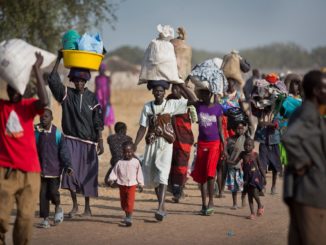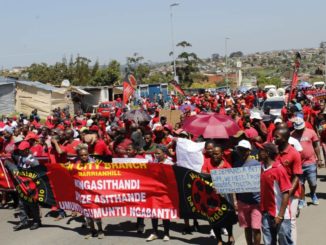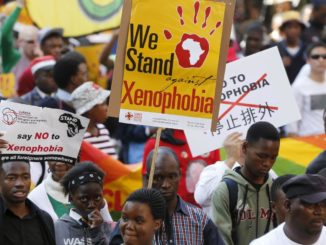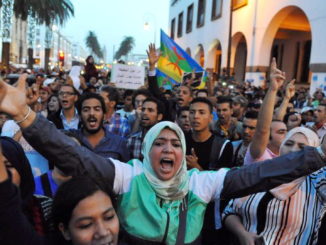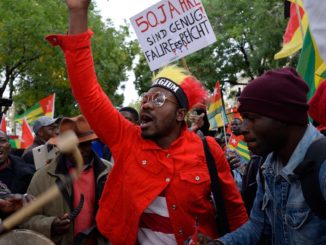
Mass Nationwide Protests Bring Togo to the Brink of Ending 50 Years of Dictatorship
Hundreds of thousands took to the streets of cities across the West African country of Togo as part of a recently revived wave of nationwide protests demanding political reforms. “We hope to encourage more peaceful public protests and civic disobedience and be able to maintain the pressure until the regime falls,” said Togolese Civil League executive director Farida Nabourema.


